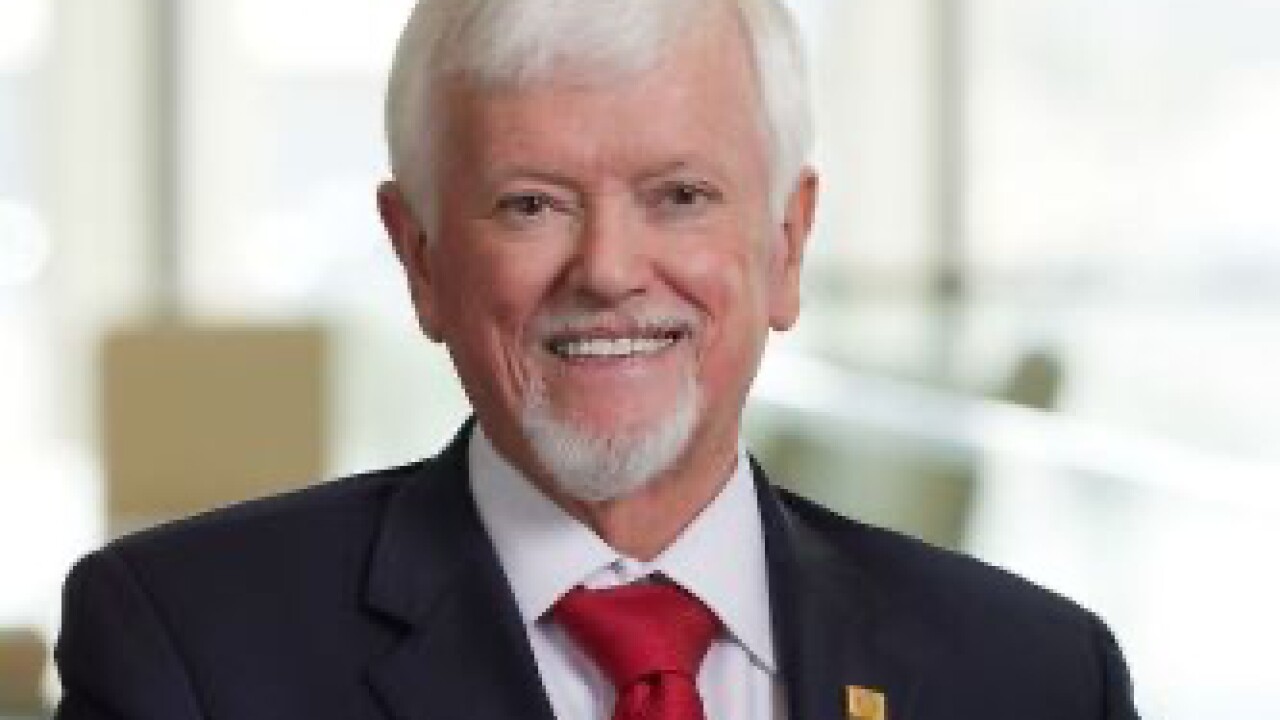JPMorgan Chase may jump back into a mortgage program that helps low-income Americans buy homes, mulling a return years after most banks pulled back from the business in frustration over billions of dollars in penalties.
The New York-based bank is deciding whether to offer more loans insured by the Federal Housing Administration, a program that insures more than $1.2 trillion in U.S. mortgage debt, according to people familiar with the matter.
Promises by President Donald Trump's administration to make it easier for lenders to avoid fines for mistakes in underwriting are prompting JPMorgan executives to take a fresh look at the risks of making a meaningful push into the market, the people said, asking not to be identified discussing internal talks. The deliberations are still active, and any decision to proceed will depend on a variety of factors.

The return of JPMorgan, the nation's largest bank, would almost certainly encourage competitors to revive their own FHA lending. Chief Executive Jamie Dimon has been a vocal critic of the government's punishment of banks for errors in loans backed by the agency, telling investors in 2017 that JPMorgan had scaled back its FHA lending because "aggressive use" of the False Claims Act, which resulted in massive fines, had made the program too risky and cost prohibitive for banks.
Now "banks generally don't do any FHA because of the legal risk," Dimon said at a conference in September. "That's not good for America."
Significant market
The FHA insured $215 billion in loans last year, representing more than 11% of mortgages issued in the U.S., according to HUD data.
Mortgages backed by the agency could offer banks an additional way to sell products to customers they already know. And because most of the homebuyers have modest incomes or are members of minority groups, banks can use the loans to help satisfy their obligations under the Community Reinvestment Act, according to Pete Mills, a senior vice president at the Mortgage Bankers Association.
A JPMorgan spokeswoman declined to comment on internal talks, and representatives for the Department of Housing and Urban Development, which includes the FHA, didn't respond to messages seeking comment. The FHA's commissioner, Brian Montgomery, has previously said big banks were committing to getting back into the program, without specifying which ones.
The FHA, created by President Franklin Roosevelt during the Great Depression, sells insurance that lets borrowers get loans with a down payment of as little as 3.5% and a credit score as low as 580, on a scale of 300 to 850. Banks can originate and service FHA loans. They can also package and sell them to the government-backed Ginnie Mae.
They're a lifeline for borrowers who can't qualify for traditional home loans, such as those packaged into bonds and sold to Fannie Mae and Freddie Mac. But the FHA needed a bailout after most of the loans it insured in 2007 and 2008 went bad as housing prices plunged. President Barack Obama's administration later went after banks that had underwritten the debts.
Getting punished
Bankers took particular umbrage over the government's decision to levy penalties under the False Claims Act, a broad Civil War-era law designed to protect the government from fraud by extracting as much as three times damages. In 2017, Dimon said fines at his bank had "wiped out" a decade of profits from the program, and that lenders would be more willing to participate in the program if the FCA were used to penalize intentional fraud instead of immaterial or unintentional errors.
The agency tried under Obama to assuage the industry with policy changes, but banks said the reforms didn't go far enough.
The retreat by big lenders, also including Bank of America Corp., ultimately increased costs for lower-income borrowers and left them with fewer financing options, according to HUD. The void was soon filled by a roster of nonbanks, including Quicken Loans, which regulators have warned are more lightly regulated.
Dimon has long urged policymakers to reform the U.S. housing finance system, arguing last year that opening up the securitization market and easing "onerous and unnecessary" rules for creating and servicing loans would increase home ownership and boost economic growth by as much as 0.2% a year.
In October, the Trump administration unveiled a new policy that would avoid penalties for immaterial errors and focus on intentional fraud. Though telegraphed for months, it's remained unclear whether the changes would succeed in luring banks, especially because a future administration could reverse course.
HUD is still trying to craft policies that firms say make servicing loans burdensome — another reason big banks have been reluctant to come back to the market. The loans can be more expensive to service in part because defaults are higher than in other federal programs.





